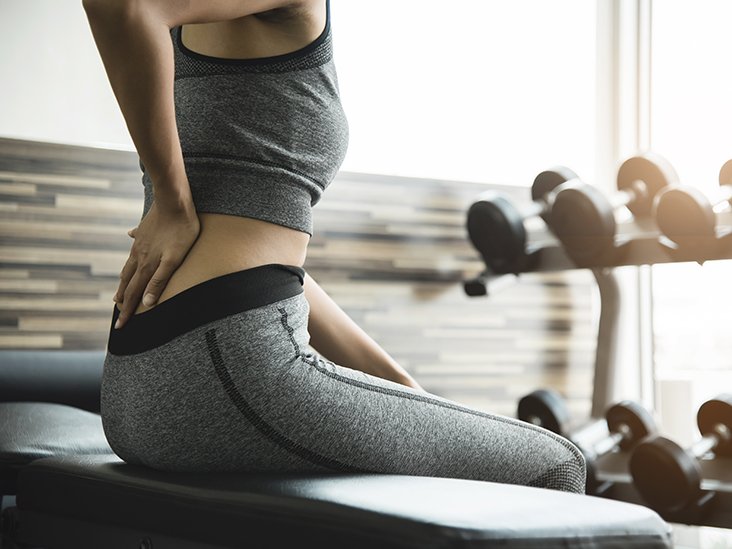
Even the strongest people in the world can become unable to move due to muscle strains. You want to know what to do to protect yourself against muscle strains and prevent them from deterring you from your goals, whether you’re an exercise enthusiast or someone who has just started their fitness journey.
We’ve put up a few quick ideas below to assist you in exercising with strong, flexible, and injury-free muscles. Look them up.
Tip #1 As Always, Warm Up and Cool Down.
It’s challenging to discuss exercise injury prevention without bringing up this issue. Essentially, warming up is a strategy to get your body ready for exercise. Your body temperature rises as a result of warming up, as does the blood supply to your muscles. Your muscles can move smoothly and are less prone to get stiff, sore, or tear when they are warm and relaxed.
As the body works hard to produce the energy it needs to sustain the activity, lactic acid is a consequence of high-intensity exercise. Muscle discomfort, stiffness, cramps, and exhaustion can all be caused by lactic acid accumulation. Muscles that are worn out are more prone to stretching out or tearing.
By accelerating the process of lactic acid removal from your body and facilitating faster muscle recovery, cooling down can help you reduce your risk for muscular injuries.
Tip #2 Mix Up a Few Different Exercises.
By allowing your overworked muscles to recuperate before being utilised again, changing up your routine helps reduce your risk for muscular strain.
Try substituting weight-training activities for bodyweight workouts in your programme to change things up (exercises that involve the use of dumbbells or weight machines). Try lunges or other bilateral motions if squats are your thing.
Tip #3 Observe Proper Form.
For the right muscle groups to be targeted, precise form must be learned and mastered. This lowers your risk of injury by assisting you in keeping your workouts within appropriate physical boundaries.
Tip #4 Drink Enough Water.
When you work out, your body excretes a lot of water through perspiration. By replacing the water and electrolytes you lose via sweat, drinking enough water lowers your risk of muscle tension and cramping.
Muscles that are tight are less flexible and have difficulty moving. Numerous issues, including a strain, may arise as a result of this.
- Tags:
- Muscle Strain
- Workouts
